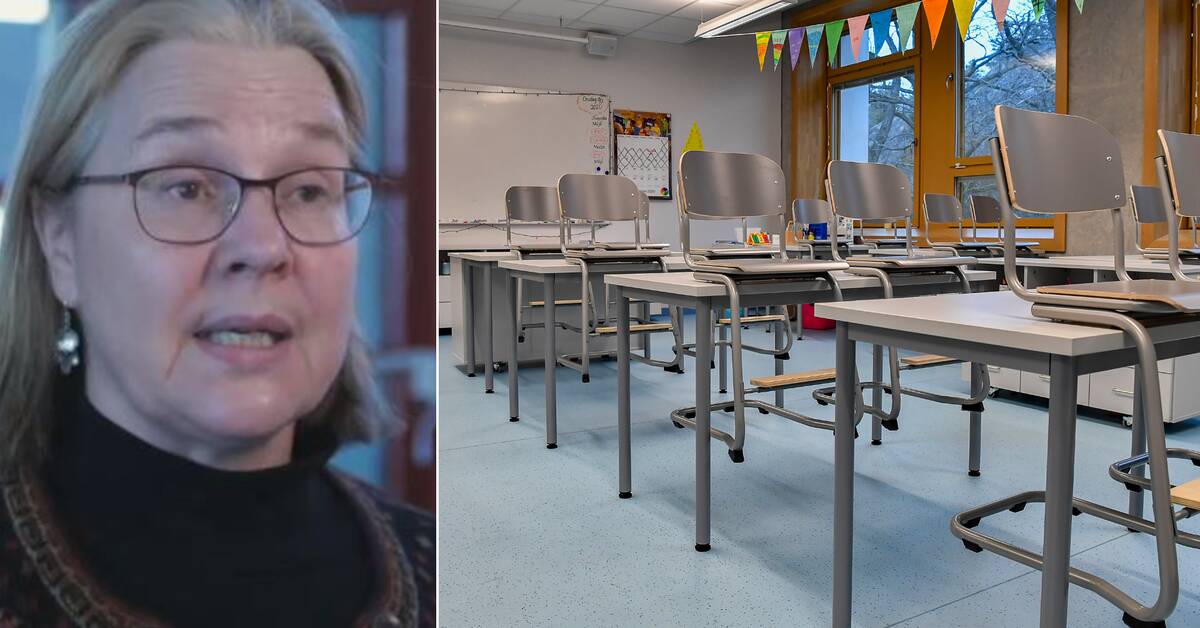Lars Miguel Utsi investigates the Sami language competence and paints a gloomy picture in the programme. Almost all employers he has spoken to have difficulty finding or retaining Sami language skills.
"It will be difficult to work with all the Sami languages. I also believe that the skills shortage puts an end to other jobs.
Can't carry out works
The Sami Parliament's language manager Anita Kitok confirms the picture. As an authority, the Sami Parliament requires university training for language services, and it is difficult to find labour.
"It may be that we cannot carry out the work or that there will be a lower level of the work that is carried out.
According to Anita Kitok, the school system contributes to the skills shortage.
– Young people and children are not allowed to study Sami in secondary school or upper secondary school. This means that you do not have eligibility for higher studies, she says in the program.
Same problem with Finnish
The same debate is currently taking place regarding the status of Finnish in Swedish schools.
The SVT program "15 minutes from Uutiset" recently addressed the consequences of the school ordinance's wording on bilingual education, which also includes the Sami language.
It states that the Swedish-speaking part must be at least 50 percent, and teaching must be planned so that Swedish gradually increases. This is in contrast to how it works in Finland, where the Finnish-Swedish schools are run entirely and exclusively in Finland-Swedish.
Minister for Education Lotta Edholm (L) defends the principle:
"If another language takes over, there is a risk of losing important knowledge of the Swedish language," she told Uutiset.
Don't miss "15 minutes from Sápmi" – Saturdays at 16.05 on SVT2.

